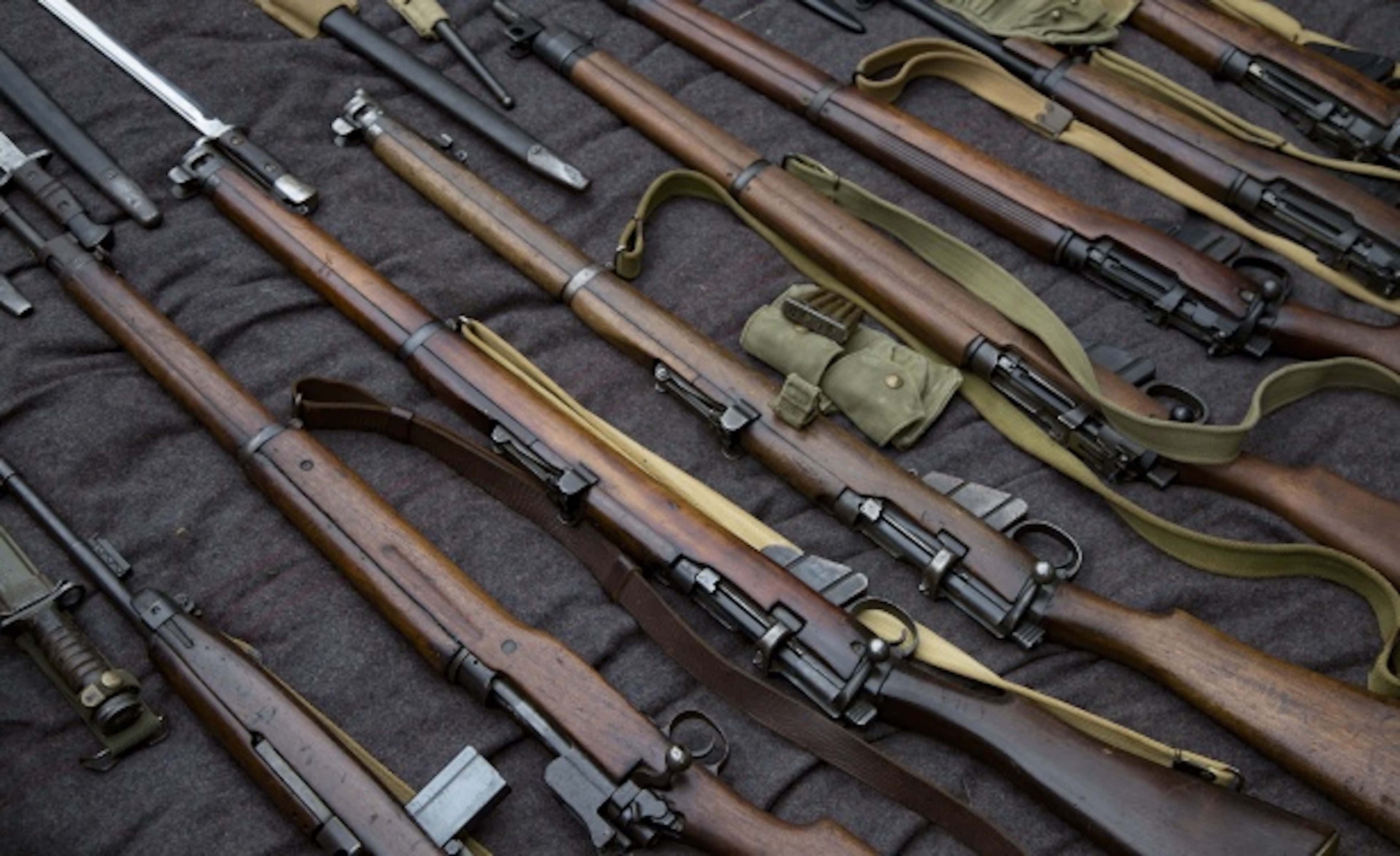
RIFLELANDIA: On the Massacre in Uvalde, Texas
No country identifies itself more closely with the rifle than the United States. A short tour of the Hollywood version of its history is proof enough:

No country identifies itself more closely with the rifle than the United States. A short tour of the Hollywood version of its history is proof enough:
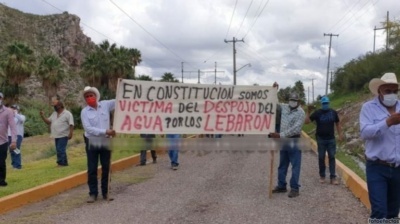
Throughout Mexico, extractivist projects by companies in mining, tourism and forestry are invading communal and ejido territories. And throughout Mexico, the defenders of these territories are assassinated, disappeared, accused, criminalized. But they
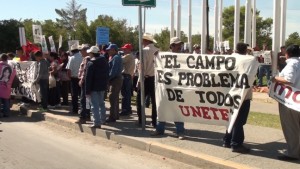
Outraged Mexican farmers arrived at the same bridges at the frontier with the United States this Monday. For ten hours they blocked the importation lane of the Córdoba/Americas international bridge that links
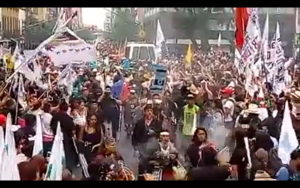
The three contingents of the Caravan in Defense of Water, of the Land, and of Work and Life converged in Mexico City on May 22. The Yaqui tribe led the caravans, heading
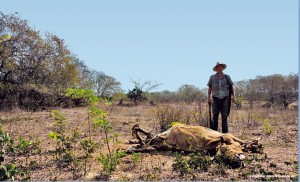
Rural Mexico is experiencing a crisis in human security crisis. The drastic transformation of public policies toward the agricultural sector, induced by programs of structural adjustment and trade liberalization especially the North
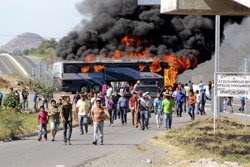
The drastic transformation of public agricultural policies–brought about by structural adjustment programs and the trade opening with NAFTA–generated the conditions for the emergence of multiple forms of violence in the Mexican countryside.
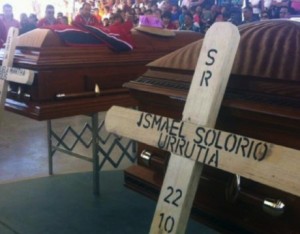
The movement for the defense of water in Mexico, led above all by farmers belonging to the organization, El Barzón, has had an initial and important victory: President Enrique Peña Nieto has

The three most threatened human rights on the planet today are the right to water, the right to a healthy environment, and the right to food. In Chihuahua these are ever-growing threats
The famine in the Sierra Tarahumara reveals a problem that goes beyond the current crisis— it demonstrates the structural exploitation of the Rarámuri, O’odam, Warixó and Odame peoples. Facied with an outpouring
Ordered by Felipe Calderón in December 2006, the war came to Chihuahua in March 2008 with “Joint Operation Chihuahua”. This is a binational war–the only way to understand it is to think